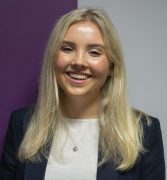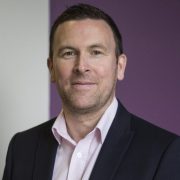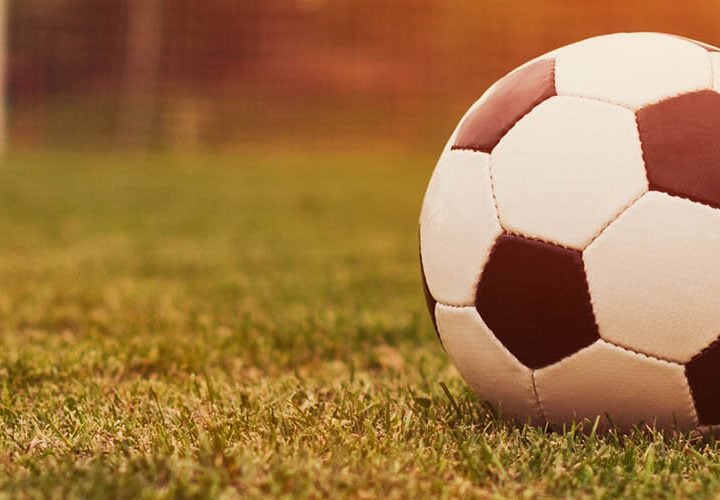In ‘Nowhere to Run: Abused by our Coach’, sports presenter Charlie Webster discusses falling victim to abuse at the hands of her athletics coach, Paul North, after joining his running group at the age of 12.
The abuse began at a private training session at the school where North worked as a caretaker and extended to a training camp in Spain. It is suspected that Webster’s teammate, Georgina, was also abused at this training camp.
Sadly, Georgina committed suicide at the age of 18. Her mother has since voiced her belief that her daughter was another of North’s victims.
During the period of abuse, Webster did not tell anyone what was happening to her as she was afraid of getting into trouble and being ostracised from the group. Over time she realised that she was not alone. Paul North had many victims, some of whom eventually reported the abuse to the police. North was convicted and sentenced to 10 years in jail.
Webster is now lobbying for greater protections from abuse within the sporting world. She believes that there are not enough preventative measures in place, stating that ‘you get more of a ban from sport for doping than you do abusing a child. There needs to be a massive overhaul of the system.’
Abuse in cases involving coaches in positions of authority often follows a similar pattern of isolation to befriending, to tight trust and eventual betrayal. Unfortunately, it is rarely the case that the perpetrators have only one victim and many children get caught up in this cycle.
Webster’s documentary comes not long after UK Athletics published an Independent Review of their safeguarding policies, making several recommendations for change.
The report encourages the creation of a new centralised reporting system for people to log concerns. Webster agrees that there needs to be a new system of recording allegations as currently records only show criminal convictions yet most complaints are dealt with internally.
The report also calls for lifetime bans to be introduced for offending coaches. Previously, it was possible for abusers to move from one sport to another as not all bans were permanent.
Aside from a change in policy, it is apparent that there also needs to be a cultural change within UK athletics. Webster states that there is a ‘culture of fear and closing the ranks, so if you do report concerns, you can be ostracised.’
‘There should be a centralised licensing scheme for coaches and education resources to learn what a coaching relationship looks like and what the red flags are.’
UK athletics has since responded, stating their commitment to making crucial changes.
Although changes are set to be made to safeguarding within UK sporting institutions, this does not take away from the fact that countless children have been abused in similar situations as Charlie Webster.
Farleys Solicitors represent many hundreds of survivors who have been subjected to horrific assaults and sexual abuse by individuals whom they trusted to nurture them in their leisure pursuits.
We help survivors to access some of the many avenues of support available, such as Civil and Criminal Injuries Compensation Claims. Compensation awarded through such avenues can go some way towards helping our clients to bring closure to their ordeal, to provide the resources to fund the medical treatments and therapy they may require.
As specialists in abuse law, we understand that talking to a solicitor about sexual abuse can be extremely difficult. However, we can assure that we will do everything in our power to make sure that you feel safe and comfortable in speaking about your experiences.
If you, or someone you know has been affected by child sexual abuse, we are here to help. Call our abuse line on 0330 134 6430 to speak to a member of our dedicated team who will deal with your enquiry with the utmost confidentiality and integrity. Alternatively, you can also contact us by email or through the online chat below.









